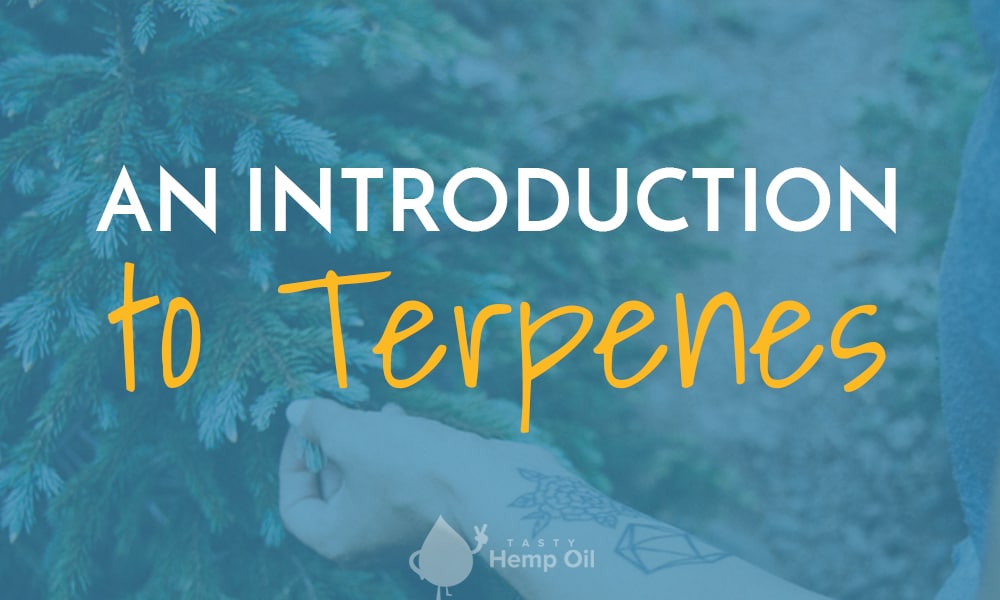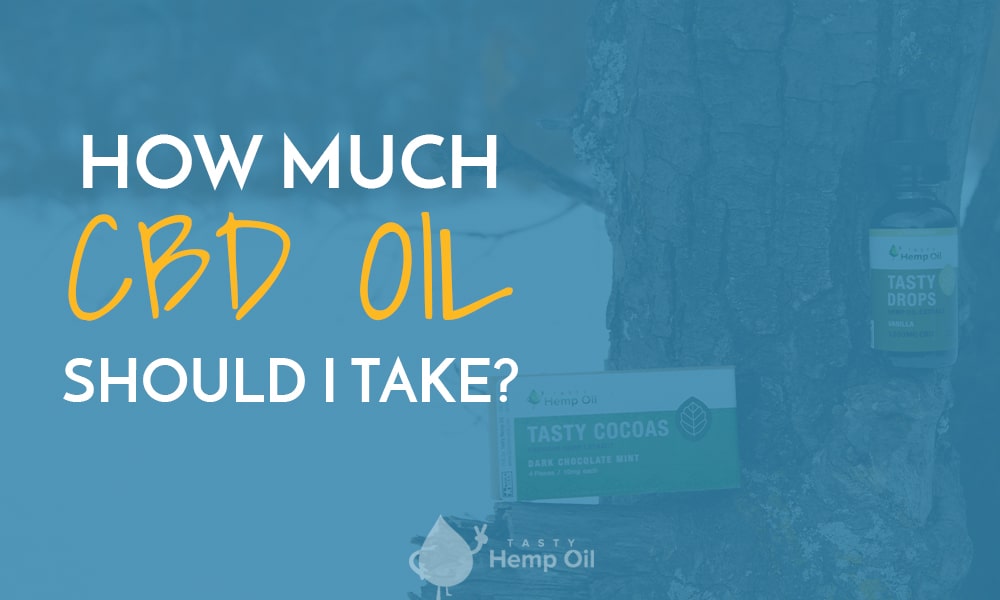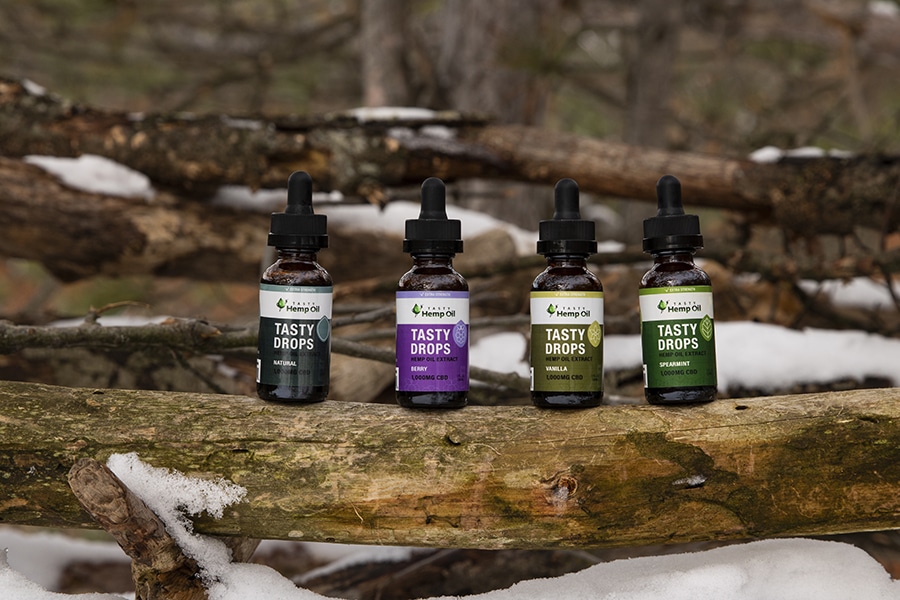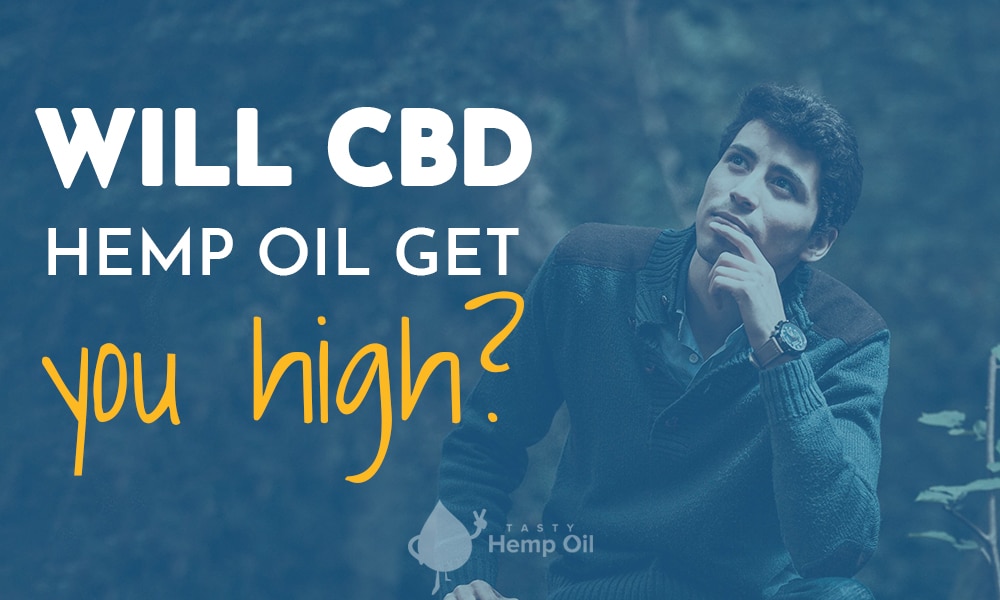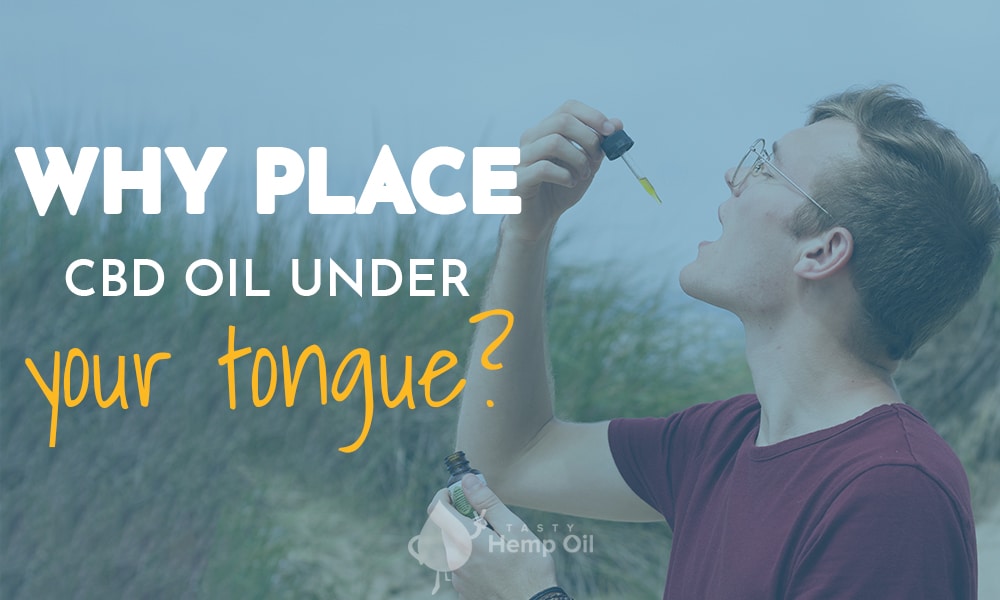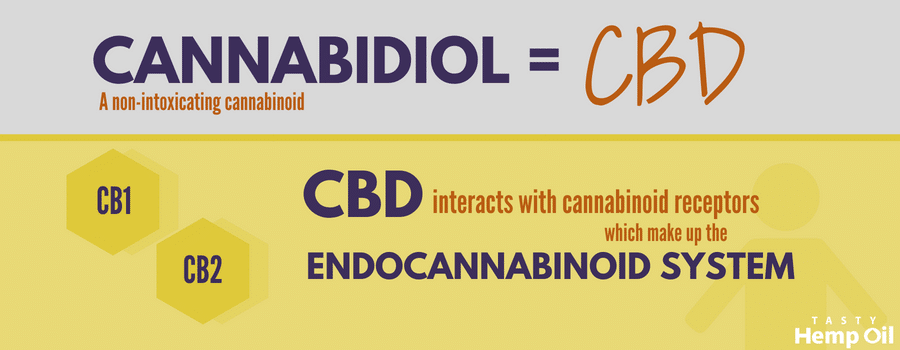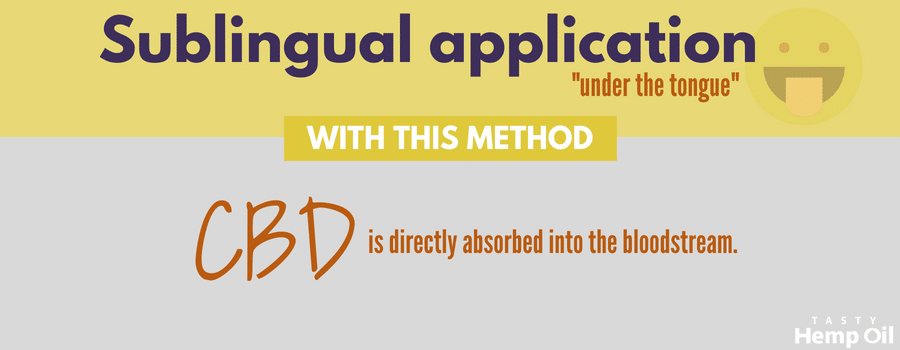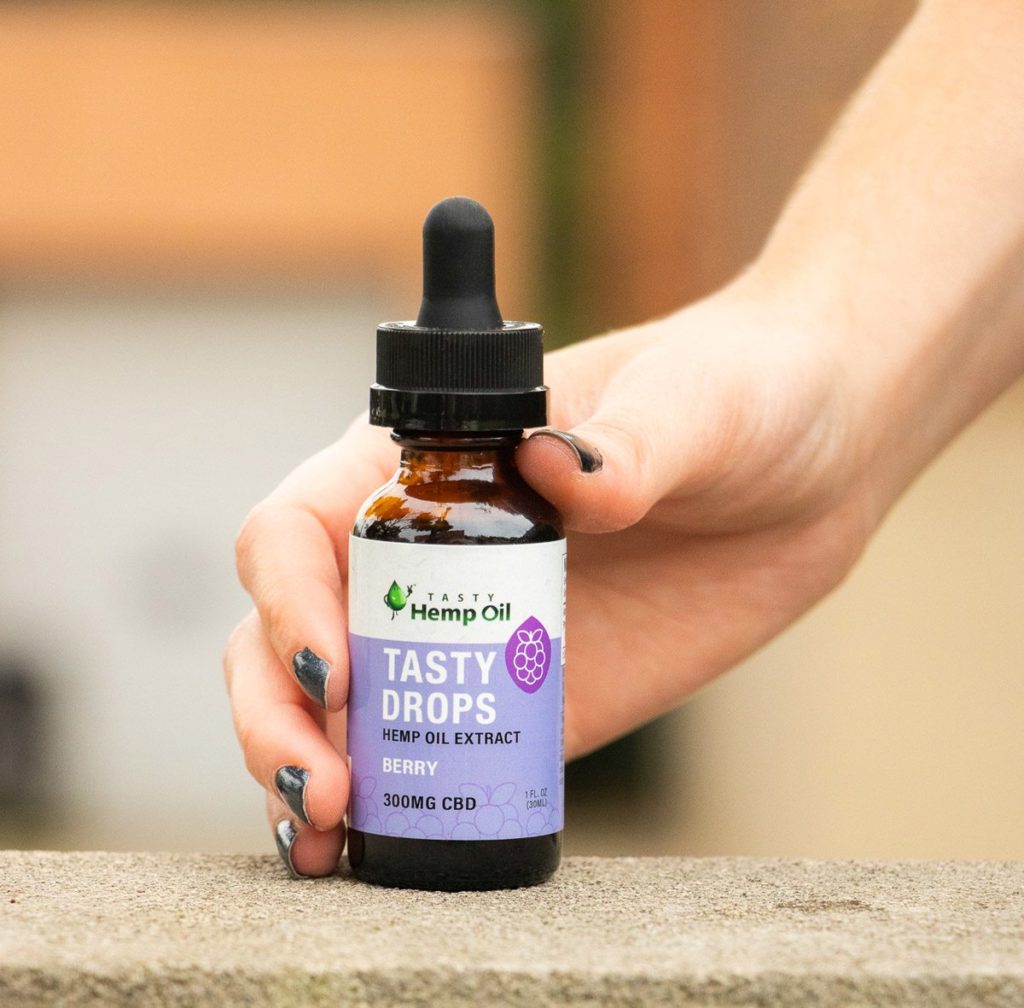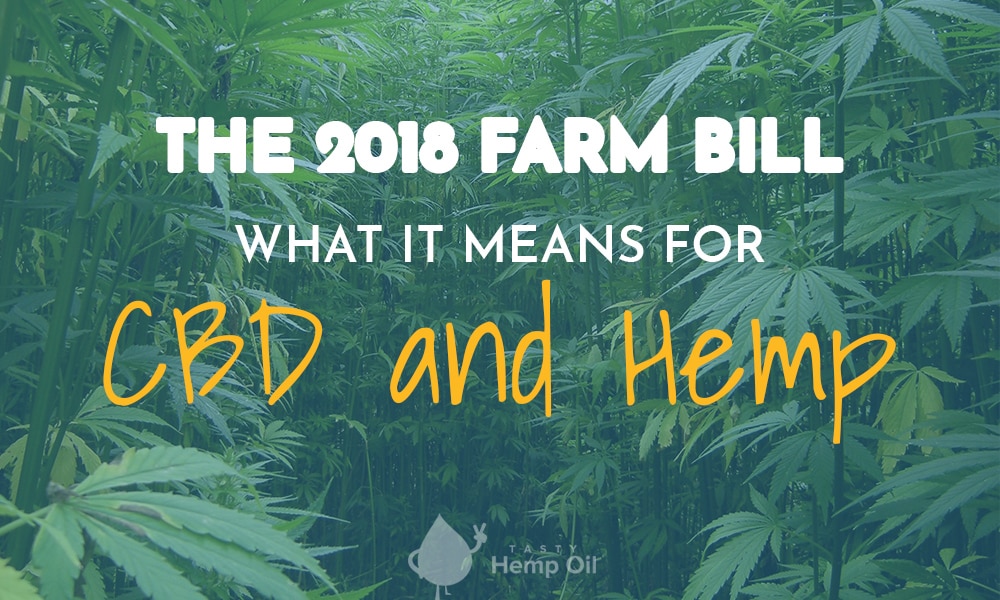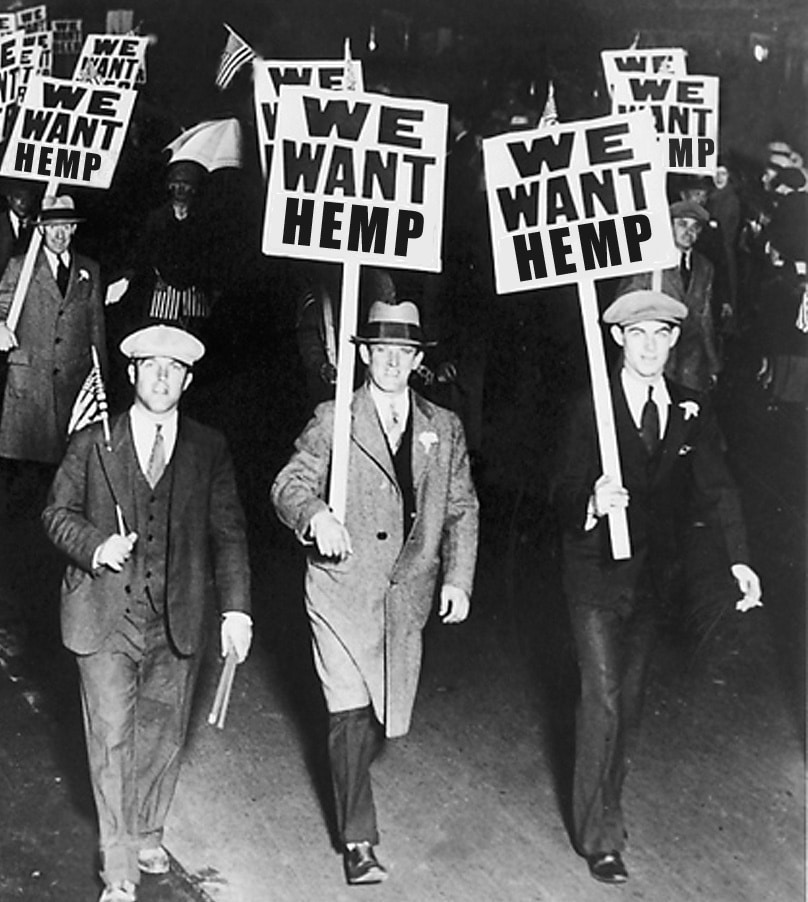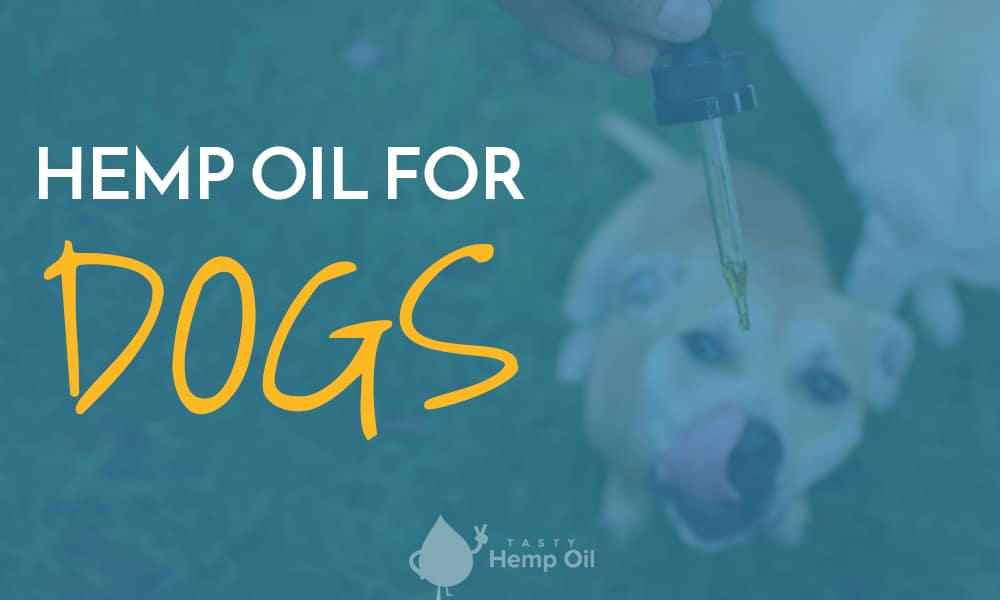
We as humans aren’t the only ones dealing with various sore spots and anxiousness as we grow old. Our furry friends can suffer from these issues as well but have no fear. There is a growing interest in hemp oil for dogs as it can be a natural remedy for some of these issues our pups are dealing with.
With this growing movement, hemp oil is finally becoming known for what it really is, a superfood. With wide-ranging benefits from soothing sore muscles and joints to helping achieve a state of calm, it’s no wonder hemp oil is so popular. Before we get into talking about what hemp oil can do for dogs, let’s discuss what we mean when we’re talking about hemp.
Hemp Oil for Dogs, not Marijuana
Over the last 100 years, our society has come to believe hemp and marijuana are the same thing. While hemp and marijuana are both species of the same plant family, cannabis, they produce different compounds which make all of the difference. Hemp produces high levels of CBD and low levels of THC, while marijuana produces low levels of CBD and high levels of THC.
How Hemp Oil Works for Dogs
Hemp oil works for dogs similarly to how it works in humans, dogs have an endocannabinoid system just like we do. CBD interacts with our cannabinoid receptor points to help bring our body back into a state of homeostasis (balance). Similar to us, dogs also have these same receptors which when interacted with by hemp oil, can produce various benefits.
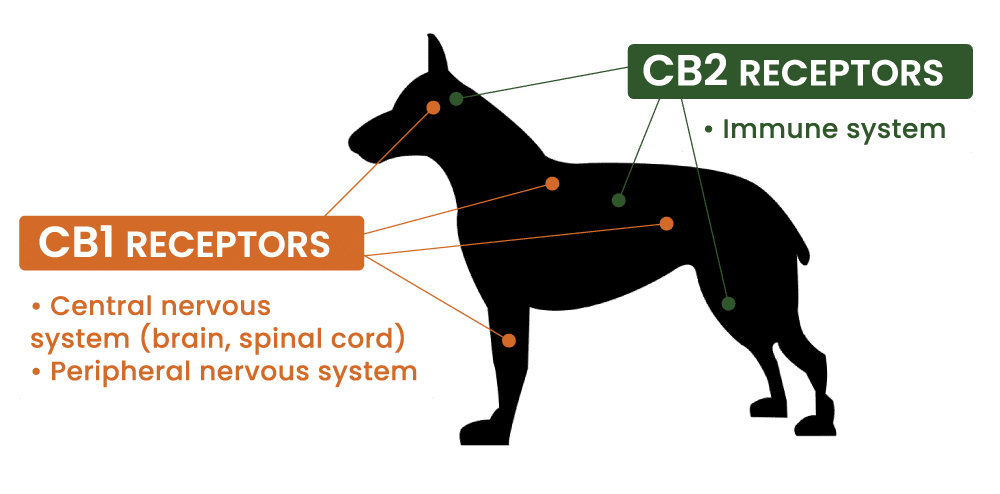
Both humans and dogs make cannabinoids in their respective bodies. Hemp oil for dogs works because it helps to supplement any deficiency our dog may have in his or her body. Hemp oil, especially hemp oil that is “full spectrum”, contains over 90 known cannabinoids such as CBD, CBG, CBC, and more to help bring our dogs back into balance.
Hemp Oil for Dog Joint Support
Many pet owners will look to hemp oil to calm anxiousness as well as joint issues in their dogs. Older dogs or even larger dogs experiencing trouble with joint pain and mobility can potentially be impacted by hemp oil. By adding hemp oil for dogs into their food, you can easily avoid the struggle of trying to add pills to treats.
Hemp Oil for Dogs and Anxiety
If your dog experiences anxiety, whether it be from traveling or separation, adding CBD hemp oil into their food can be extremely helpful for increasing their comfort. Tasty Drops 4 Pets can be easily mixed into their food and, in addition to aiding their emotional wellness, it will benefit their physical health as well.
Many pet owners notice an improvement in disposition once CBD hemp oil is incorporated into their diet. With reduced anxiety and inflammation, you can improve your pup’s quality of life with better physical and mental health.
Hemp Oil For Pets Other Than Dogs
Dogs aren’t the only furry friends that hemp oil can help, it can also help their mortal enemies: cats! Cats specifically have a more gentle digestive system, so they require a slightly different formula for their hemp oil. Other than cats and dogs, CBD products have also been seen being used to help out horses! Yes, you heard that correctly. Many people will use the hemp oil for dogs on their horses and have reported tremendous results to us.
Does your pet take hemp oil? Let us know the results below!

